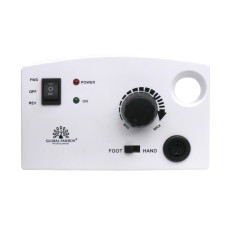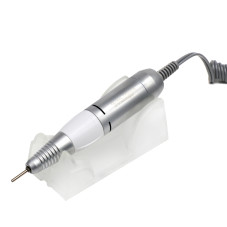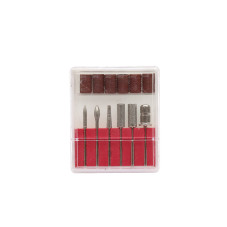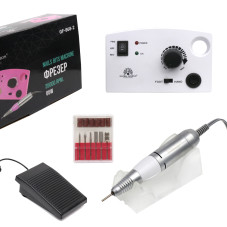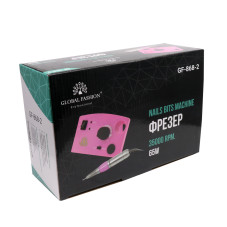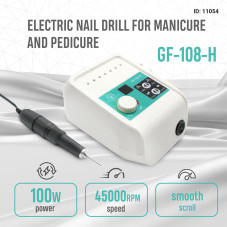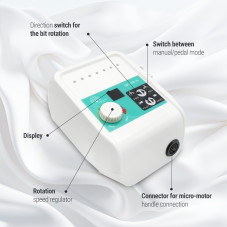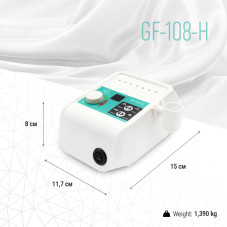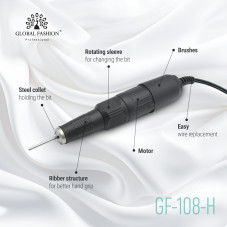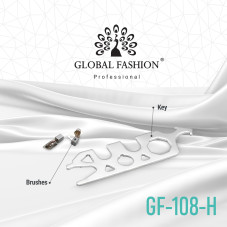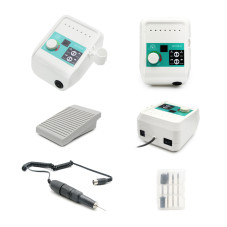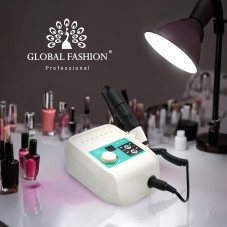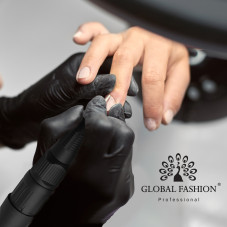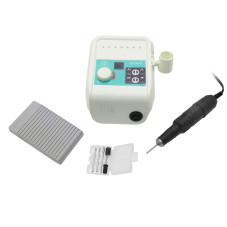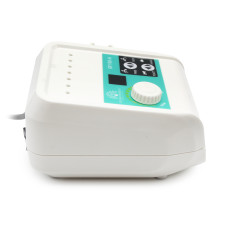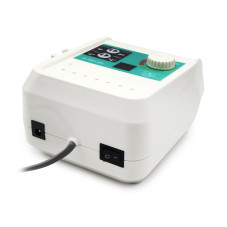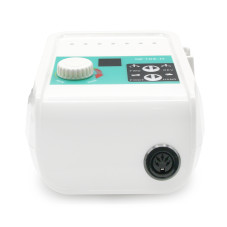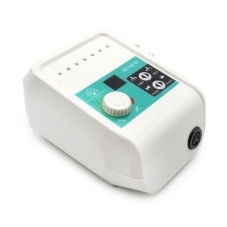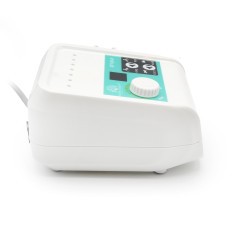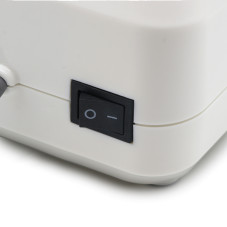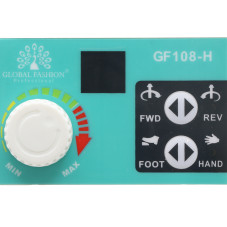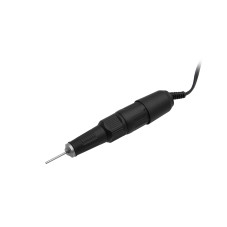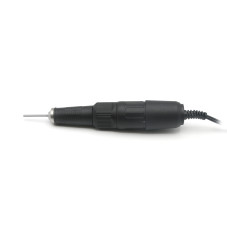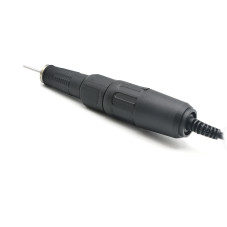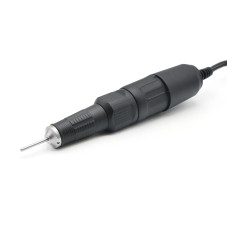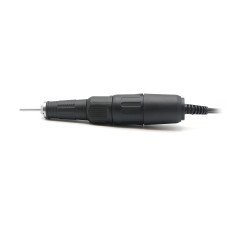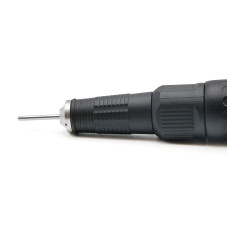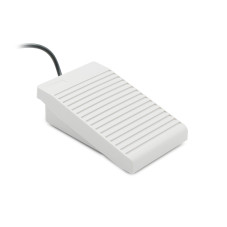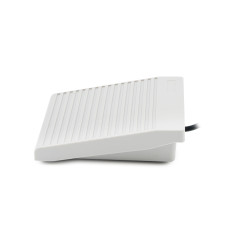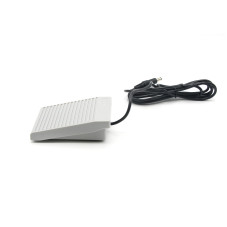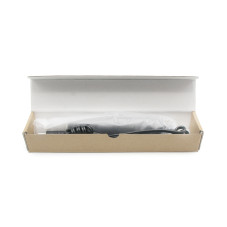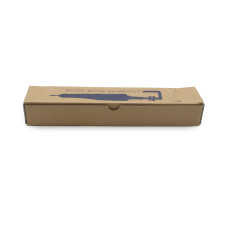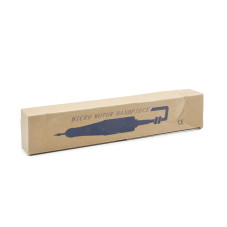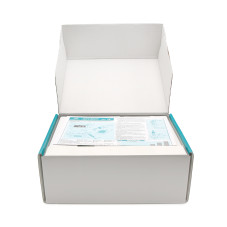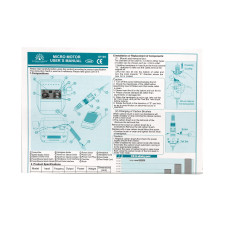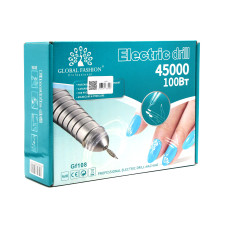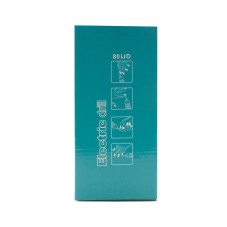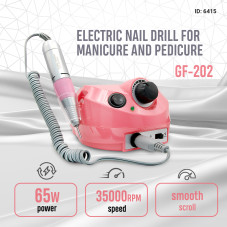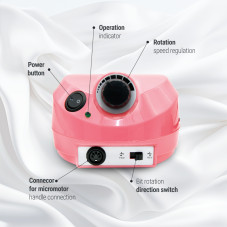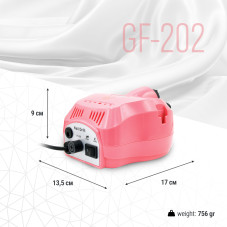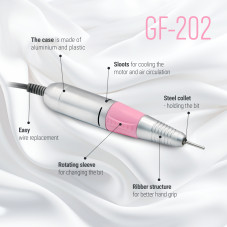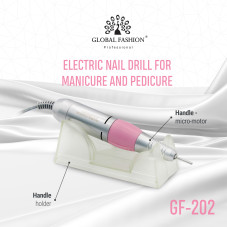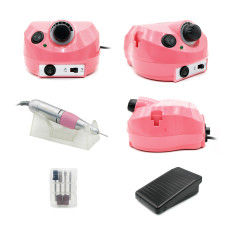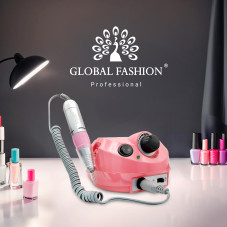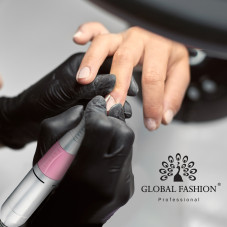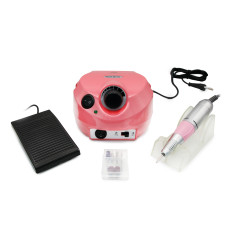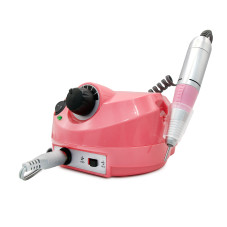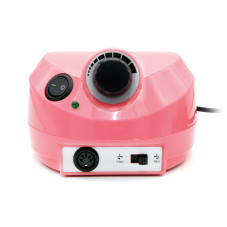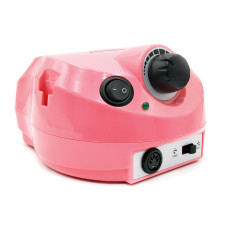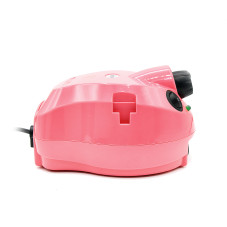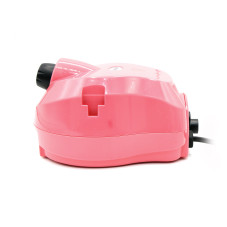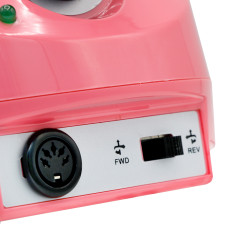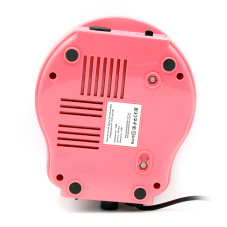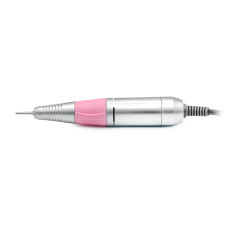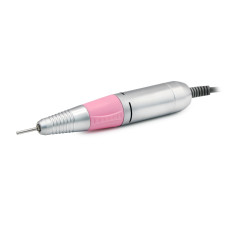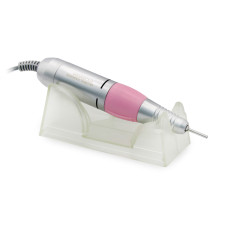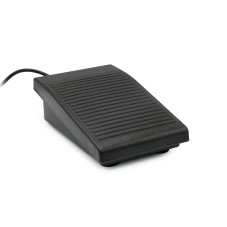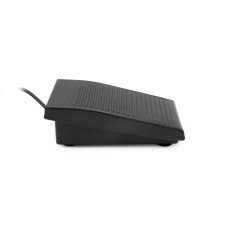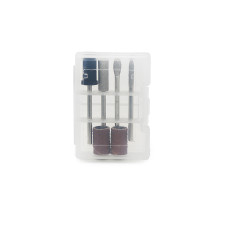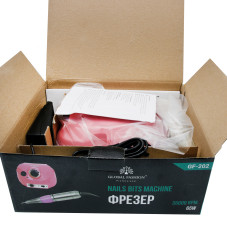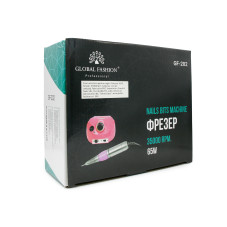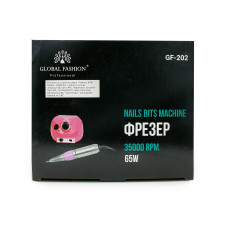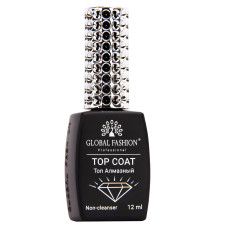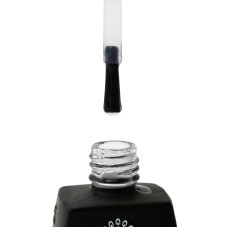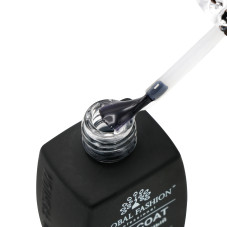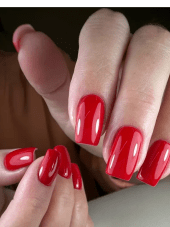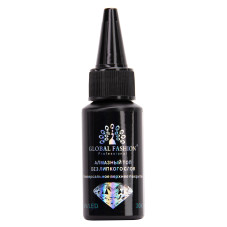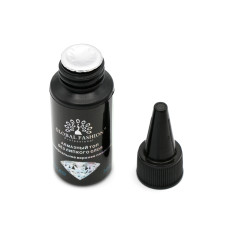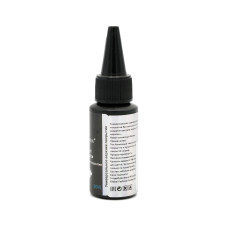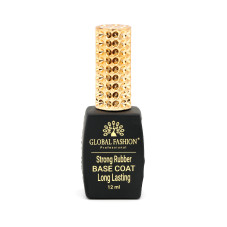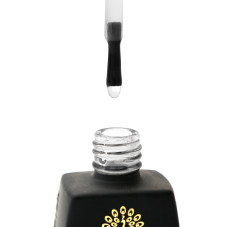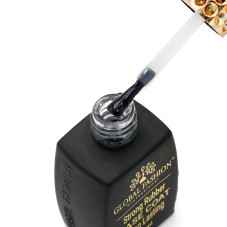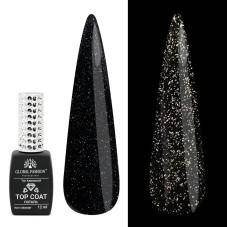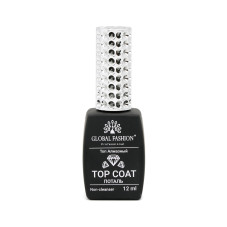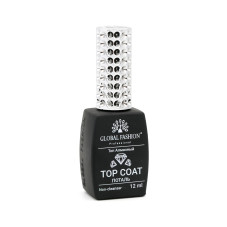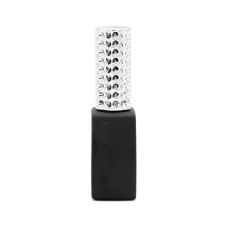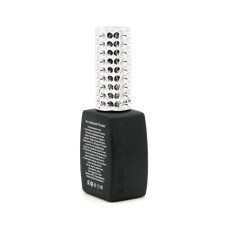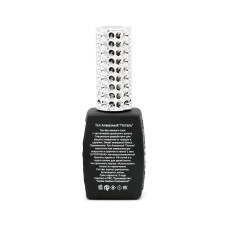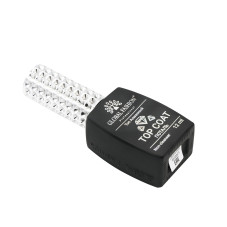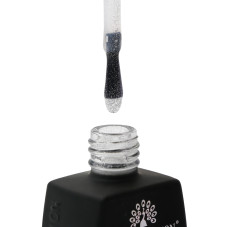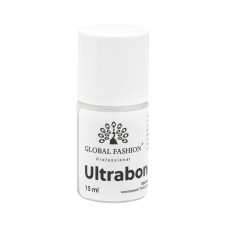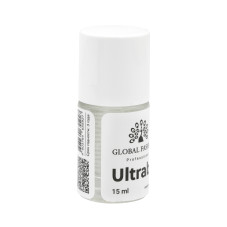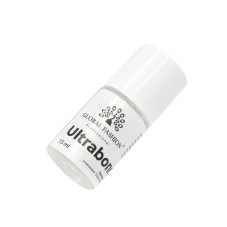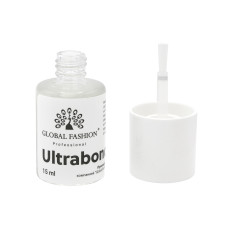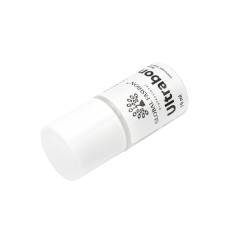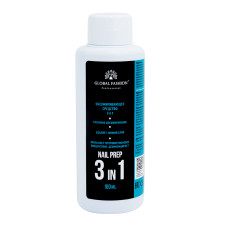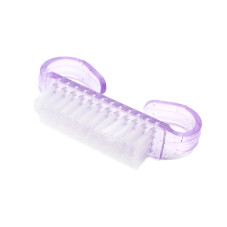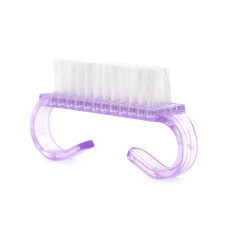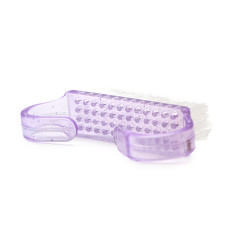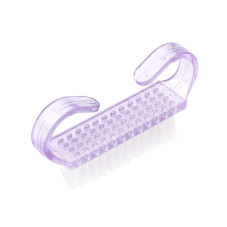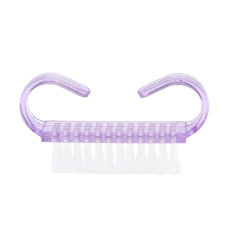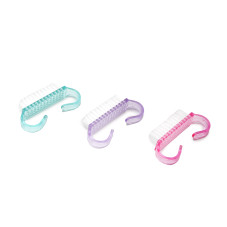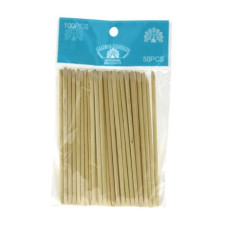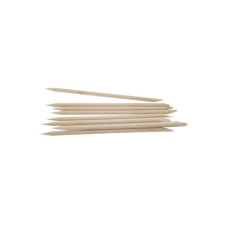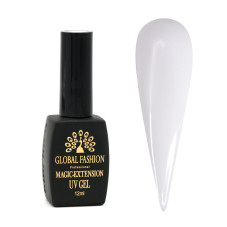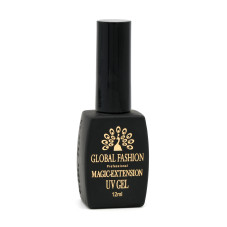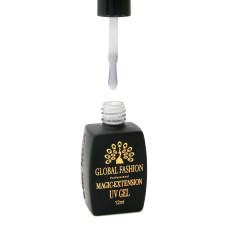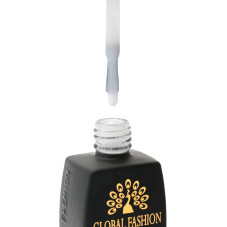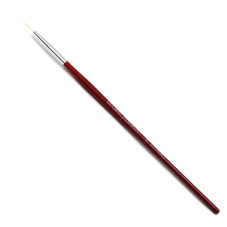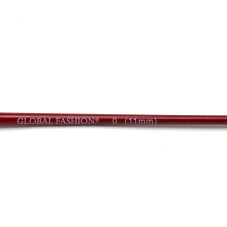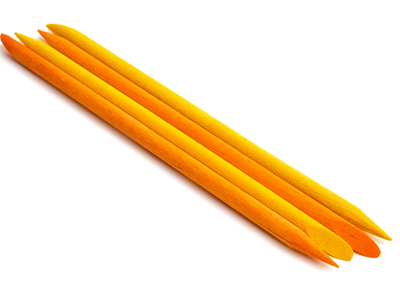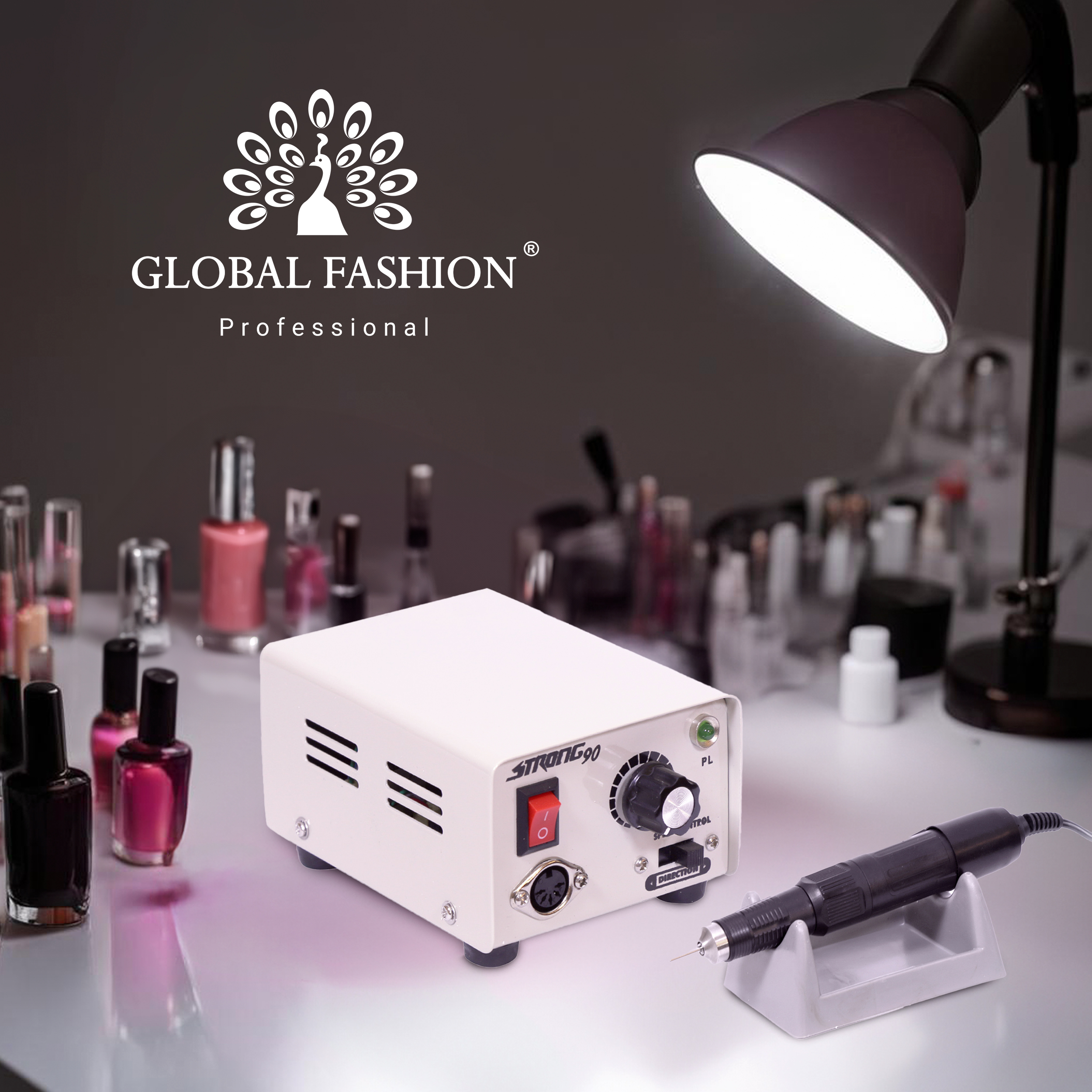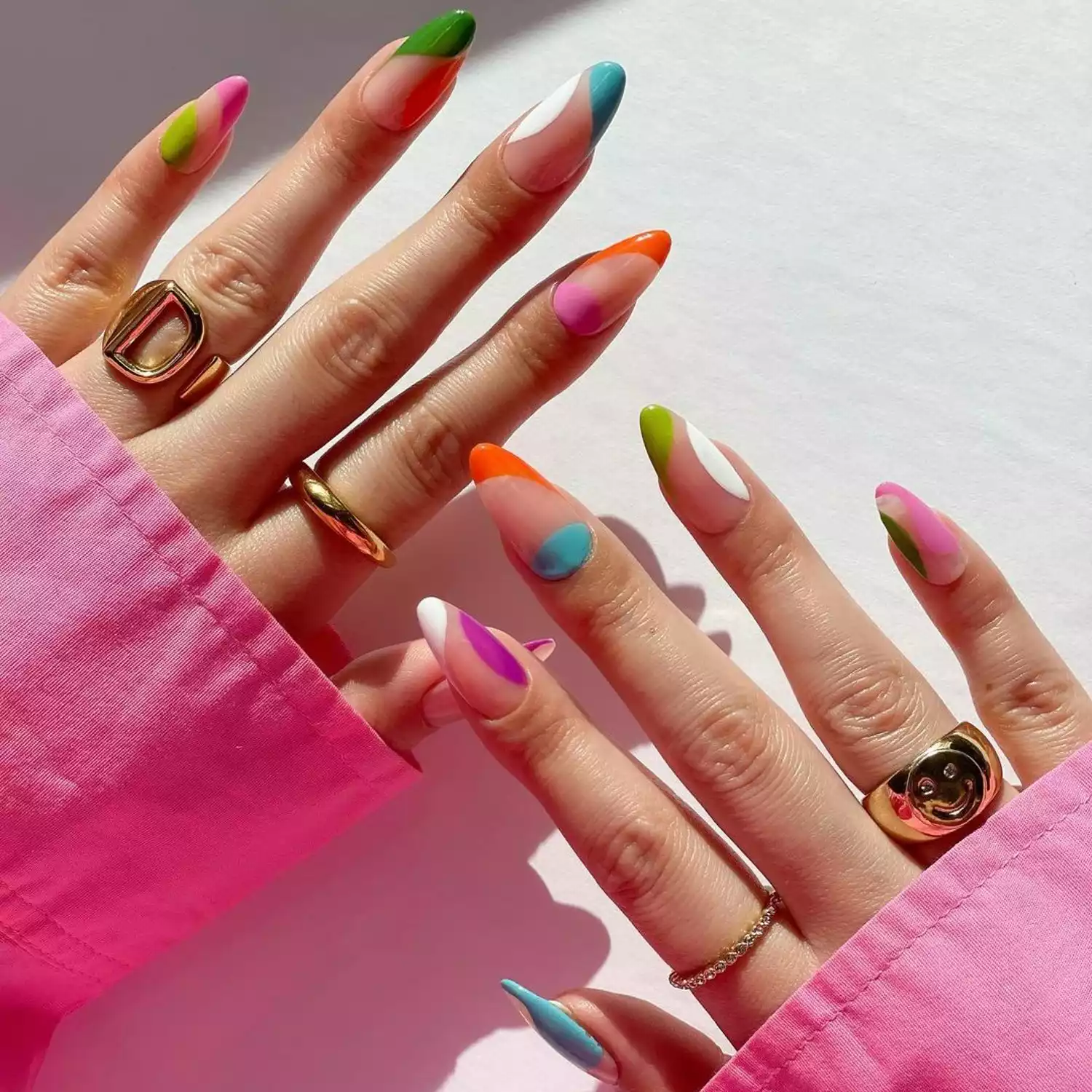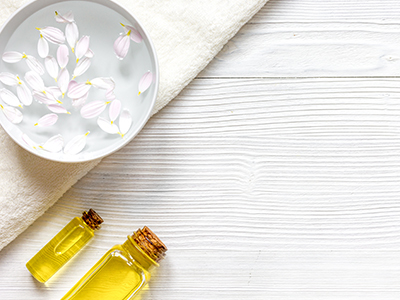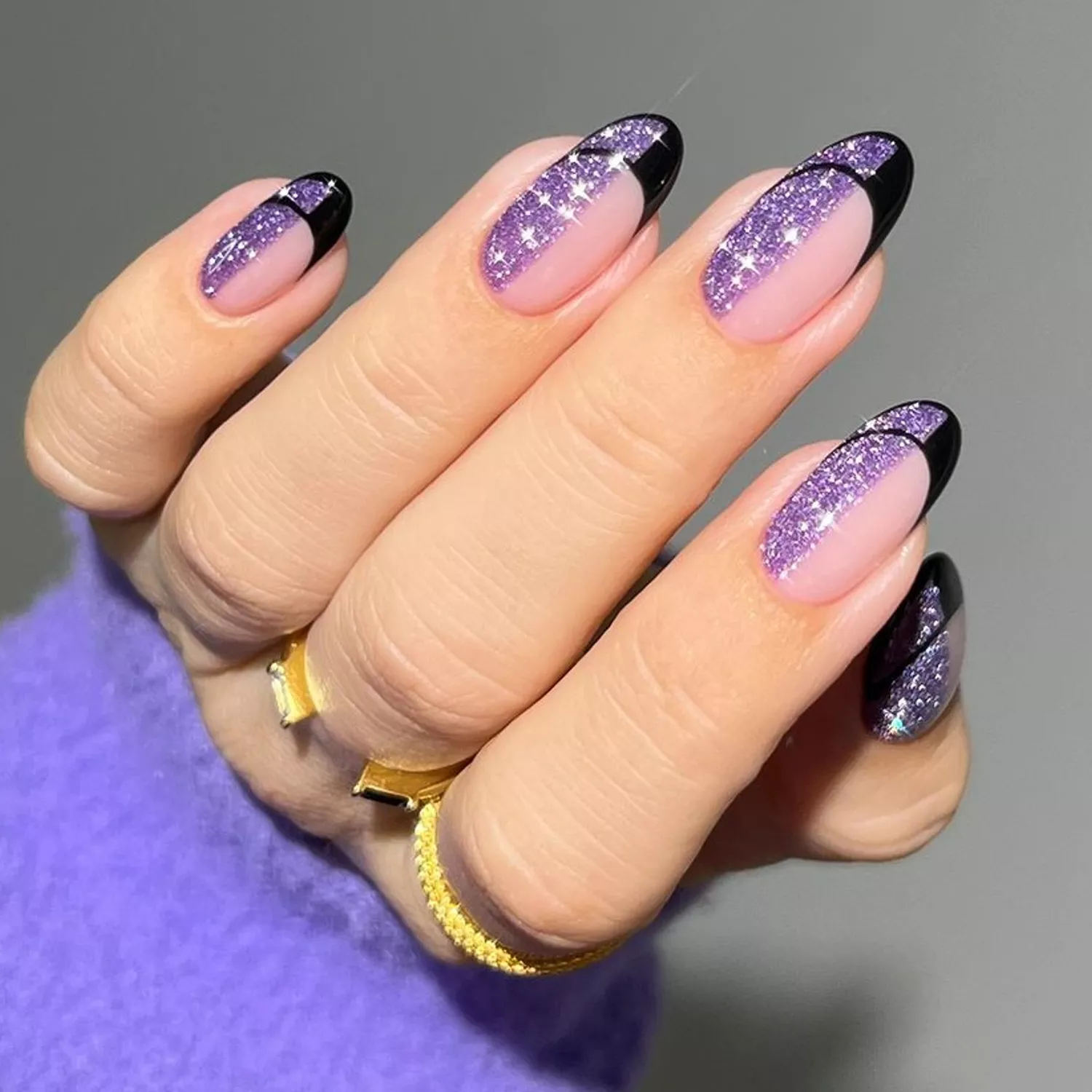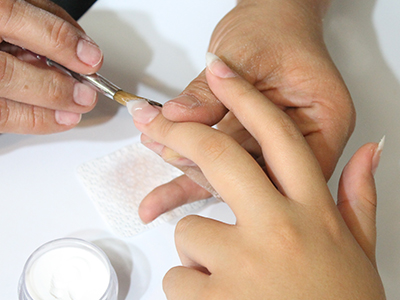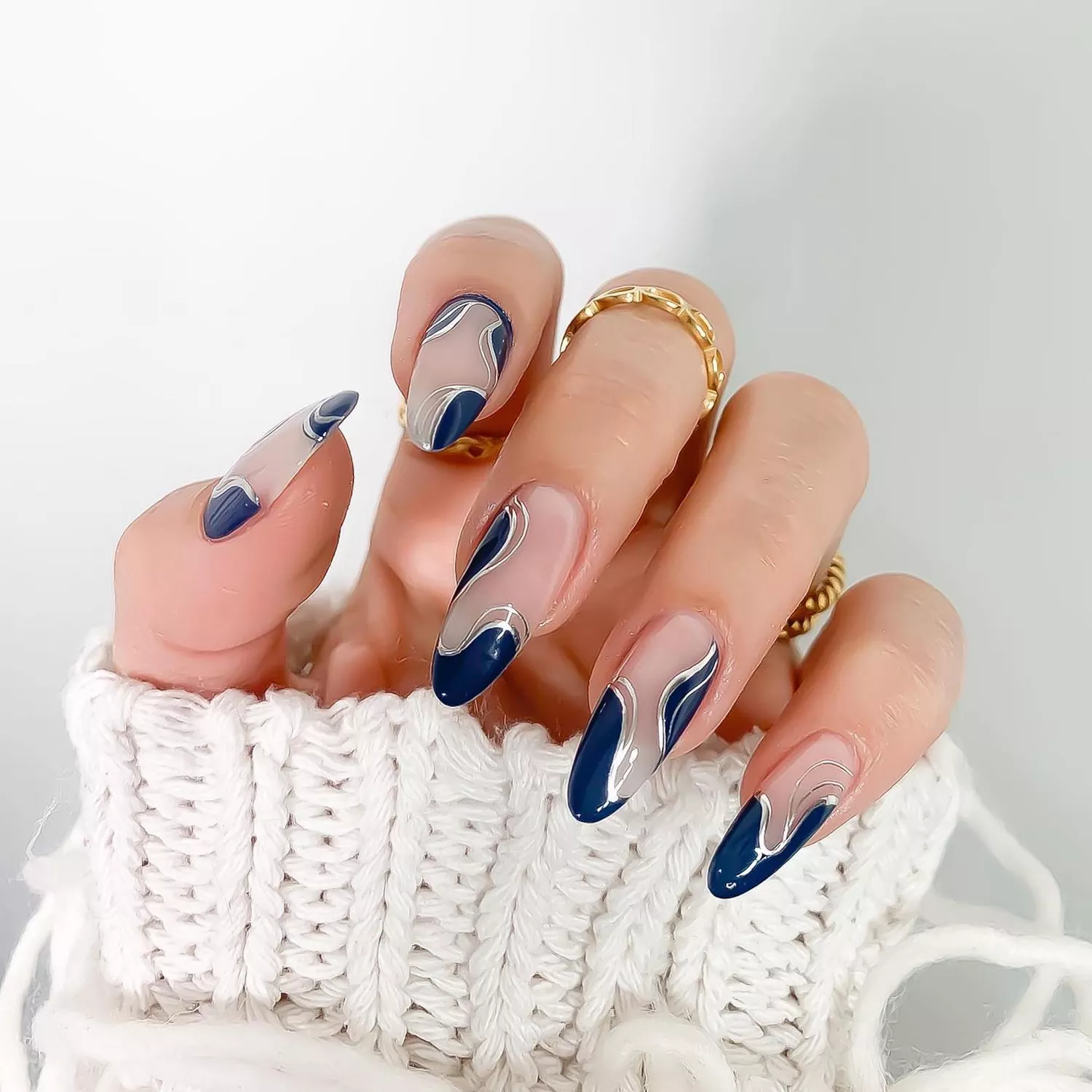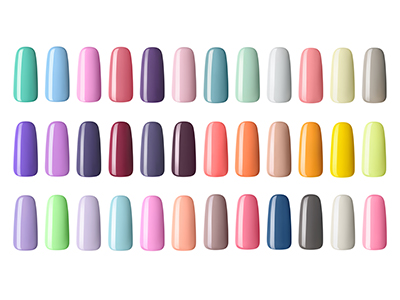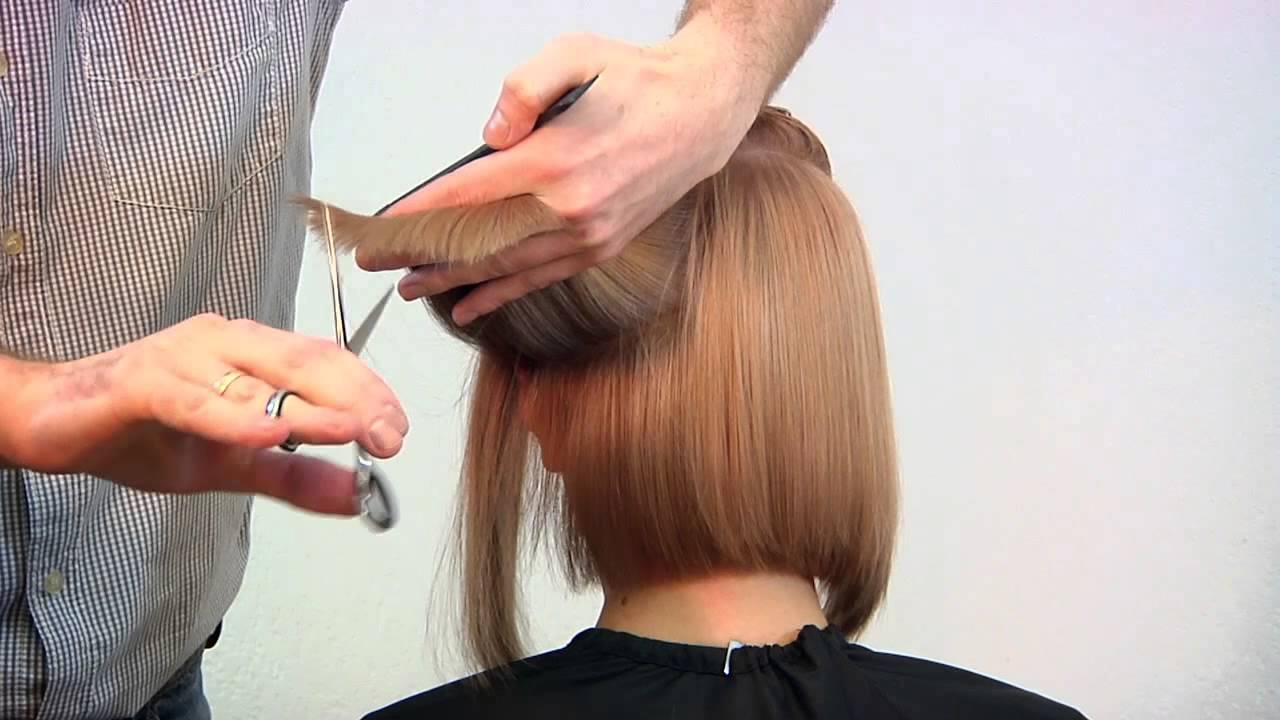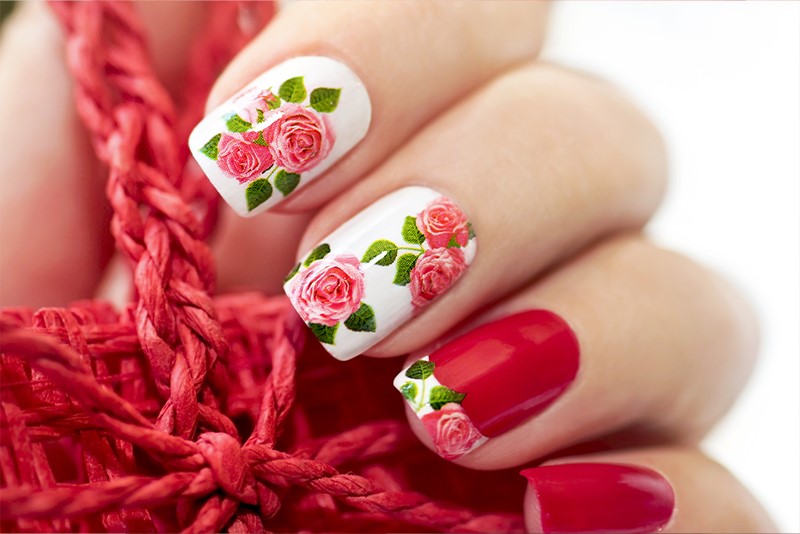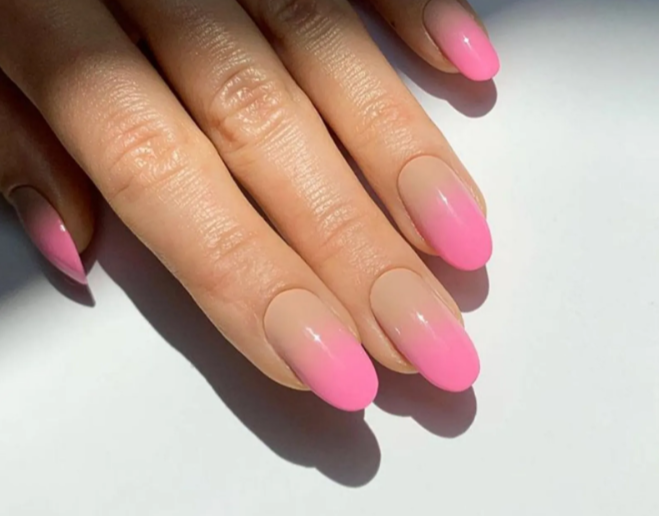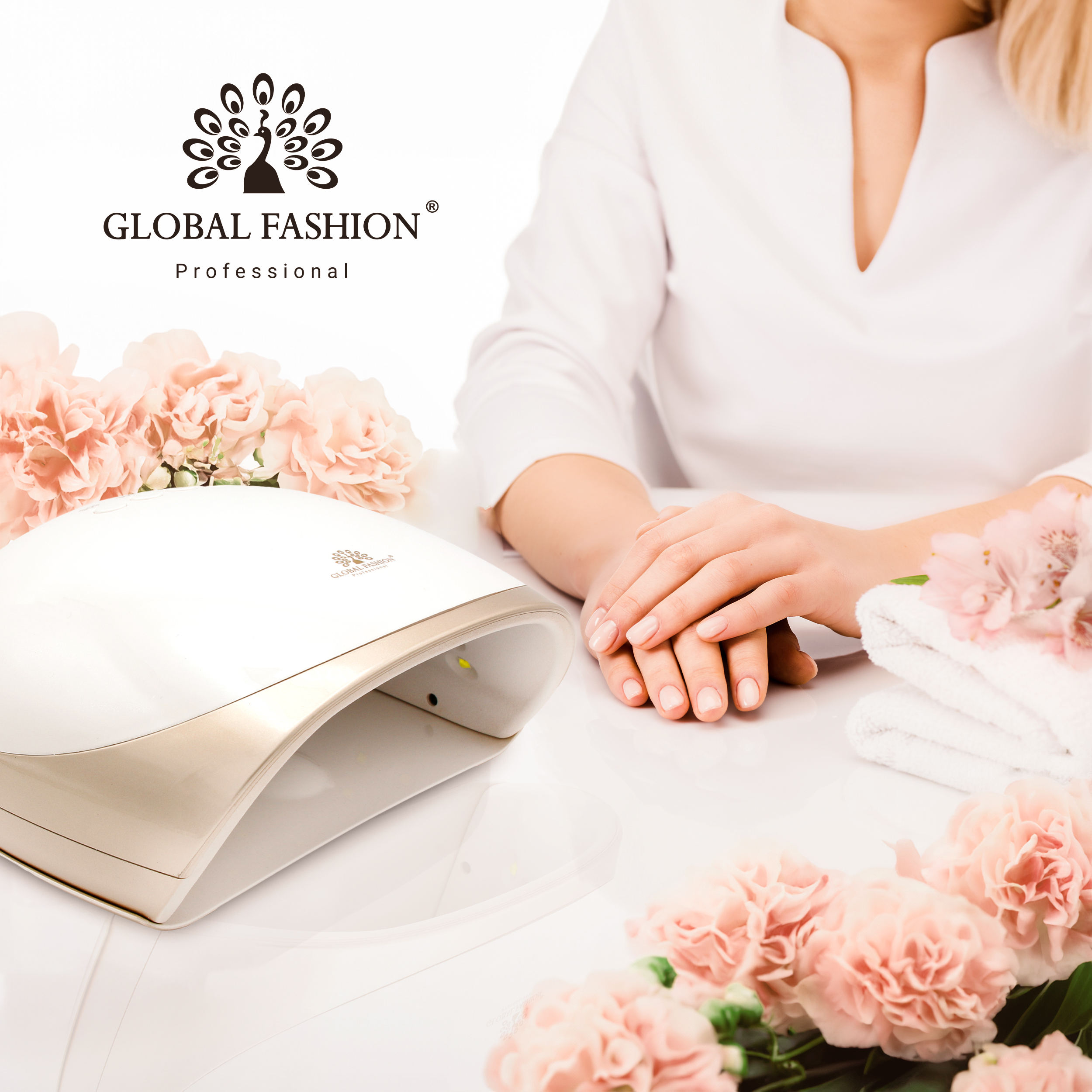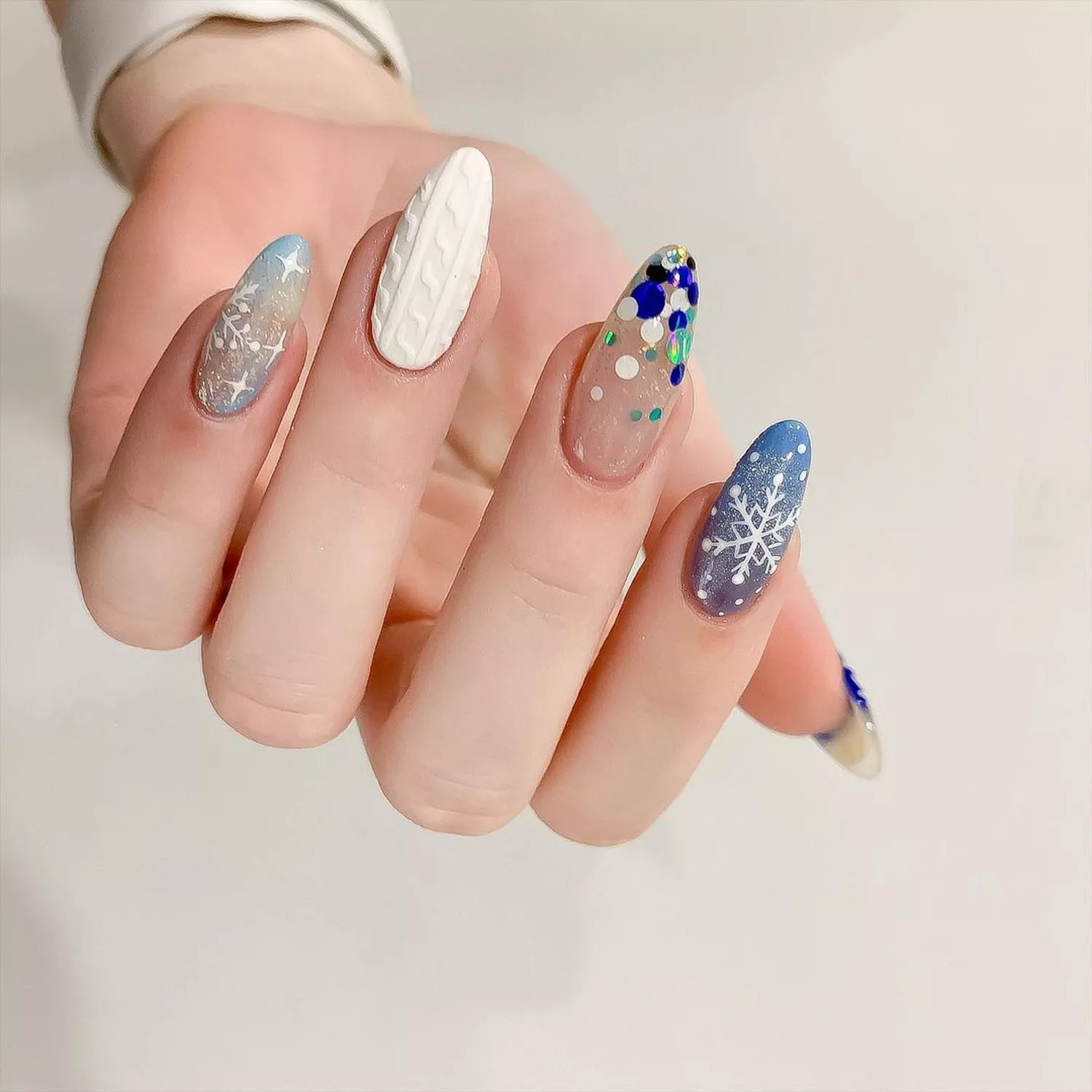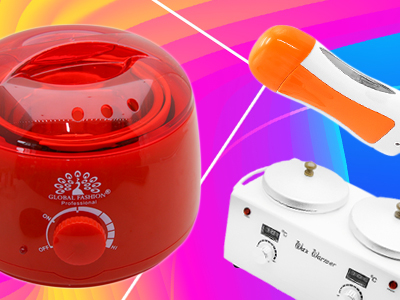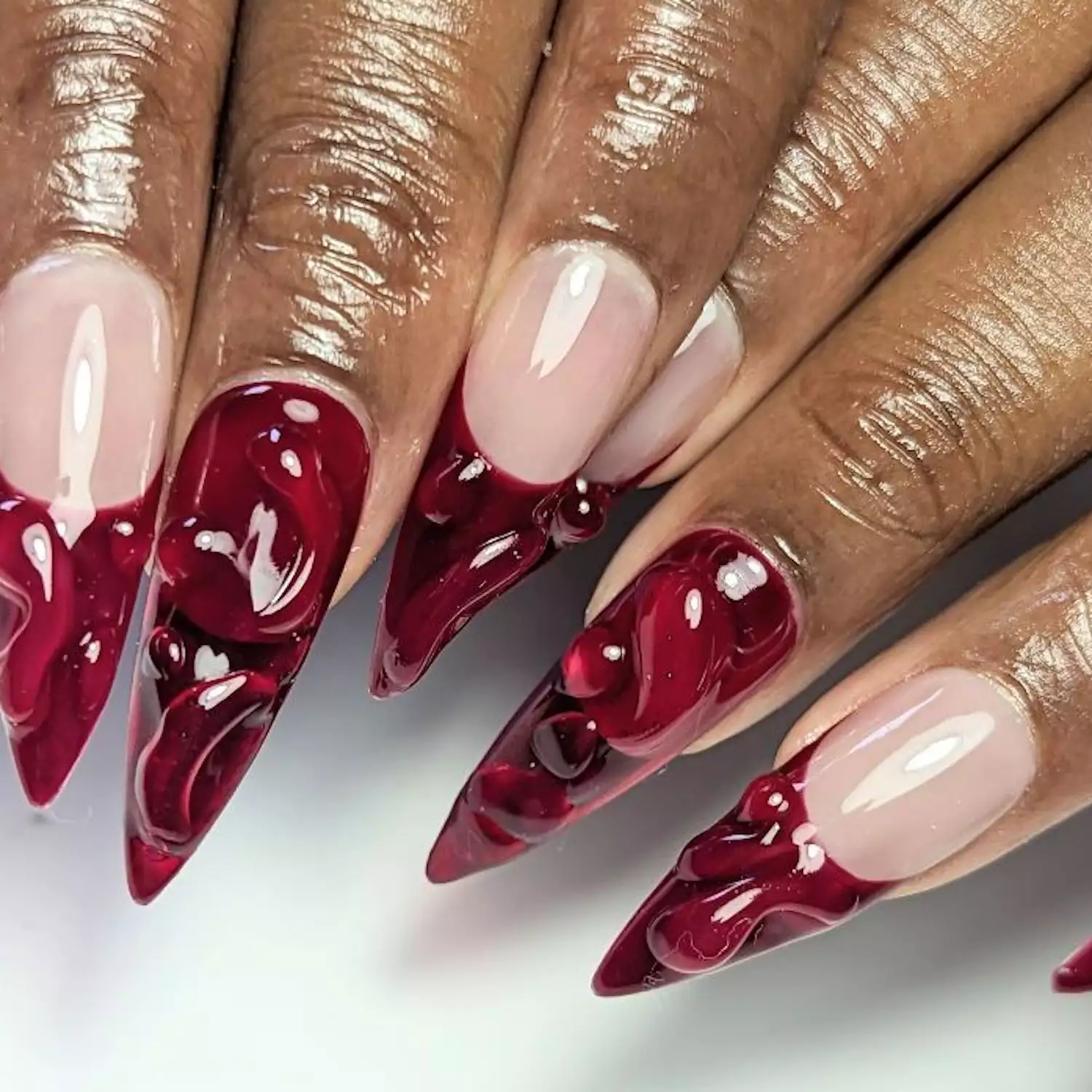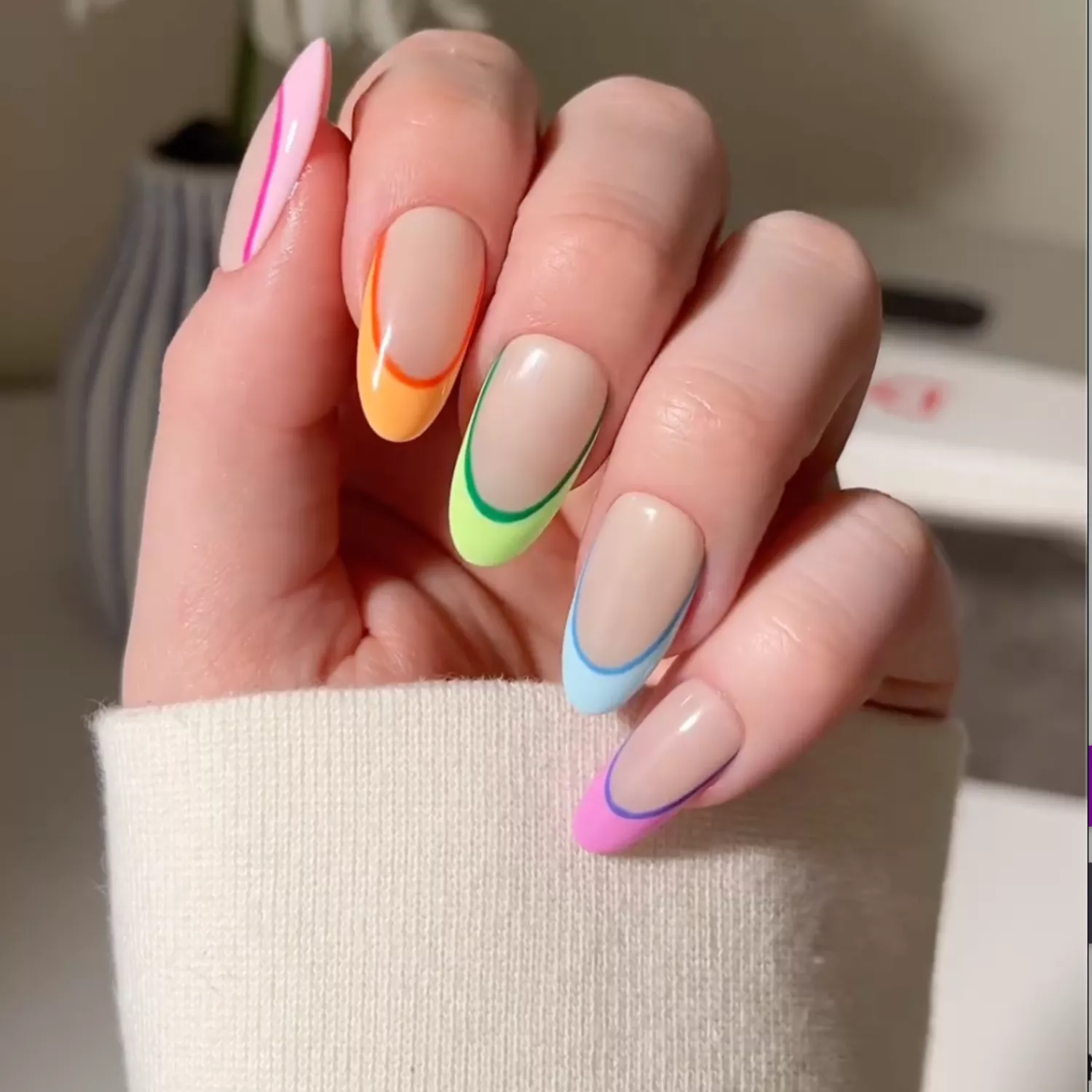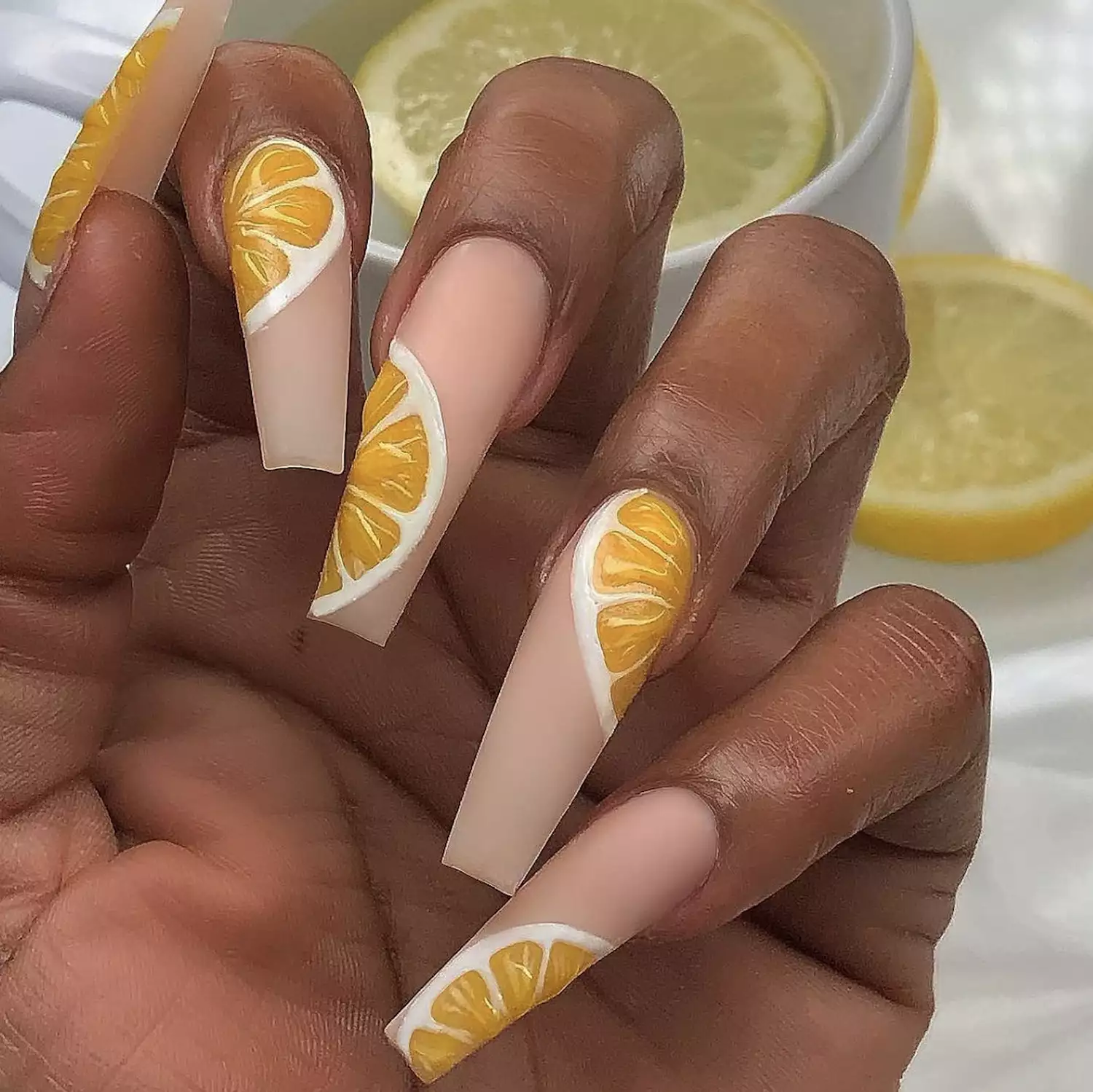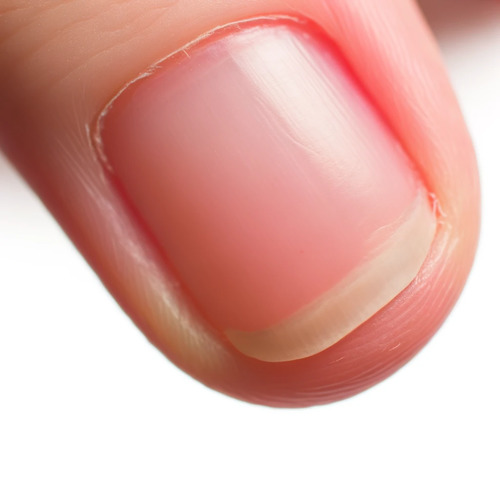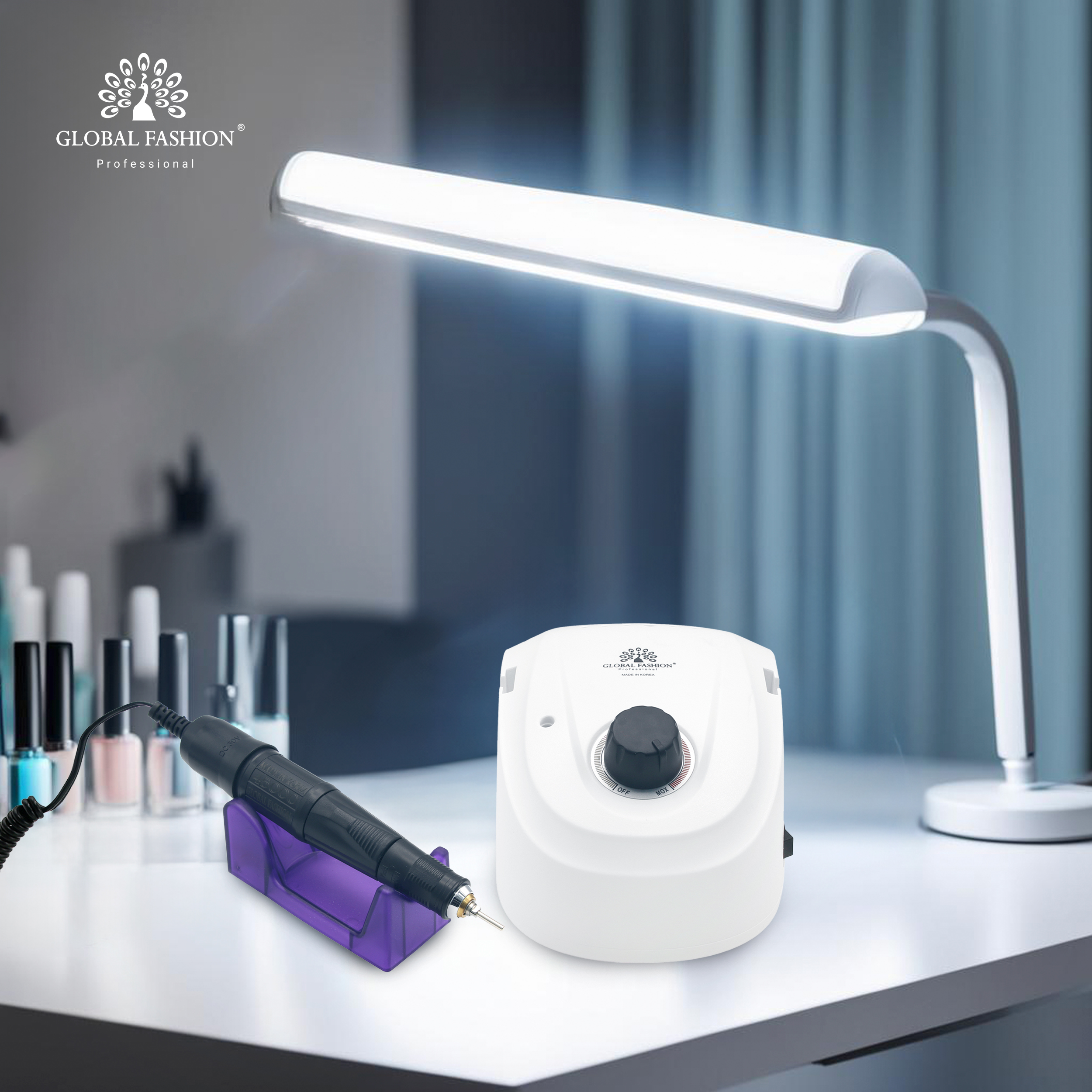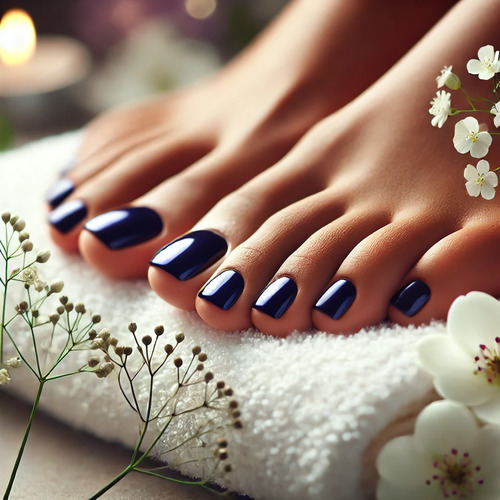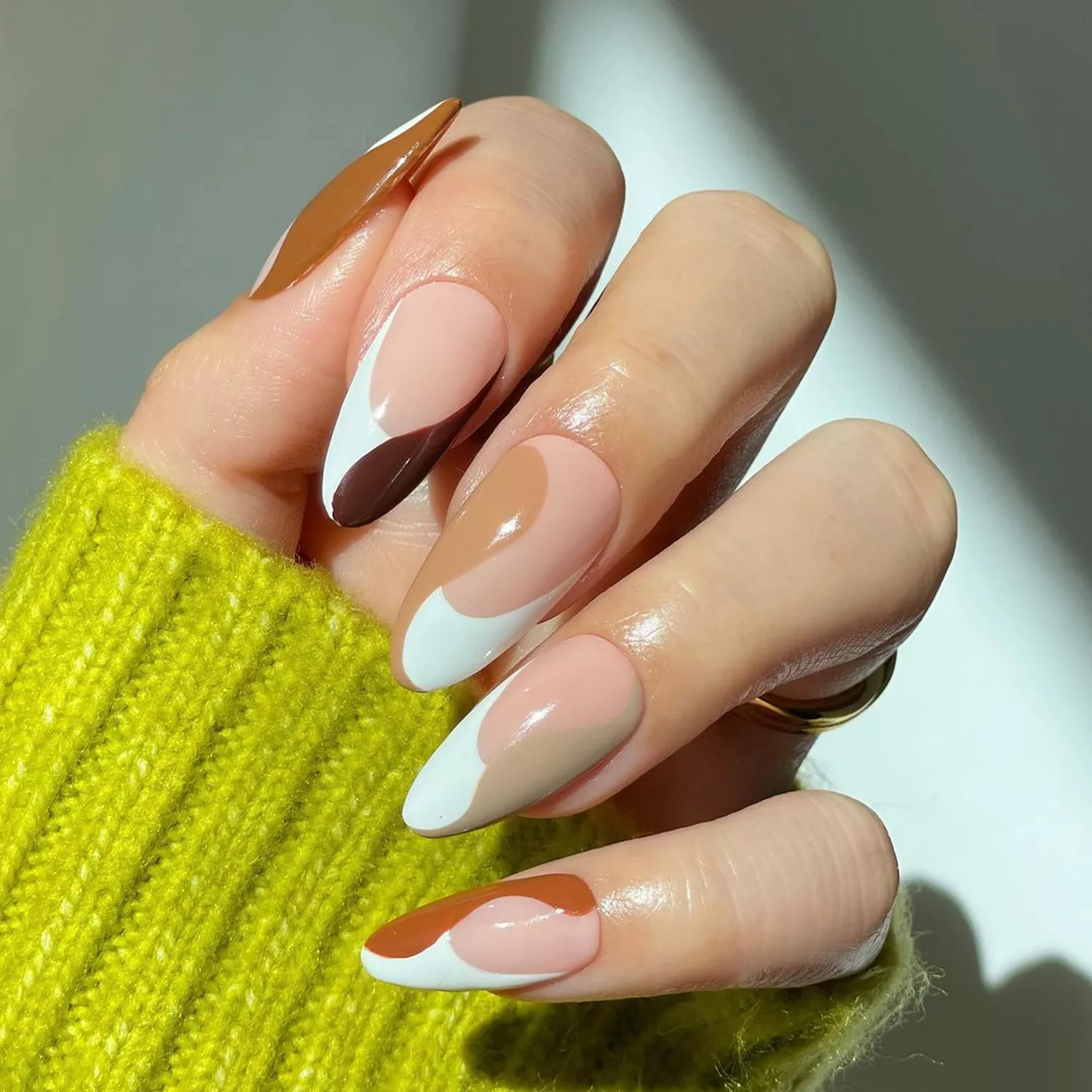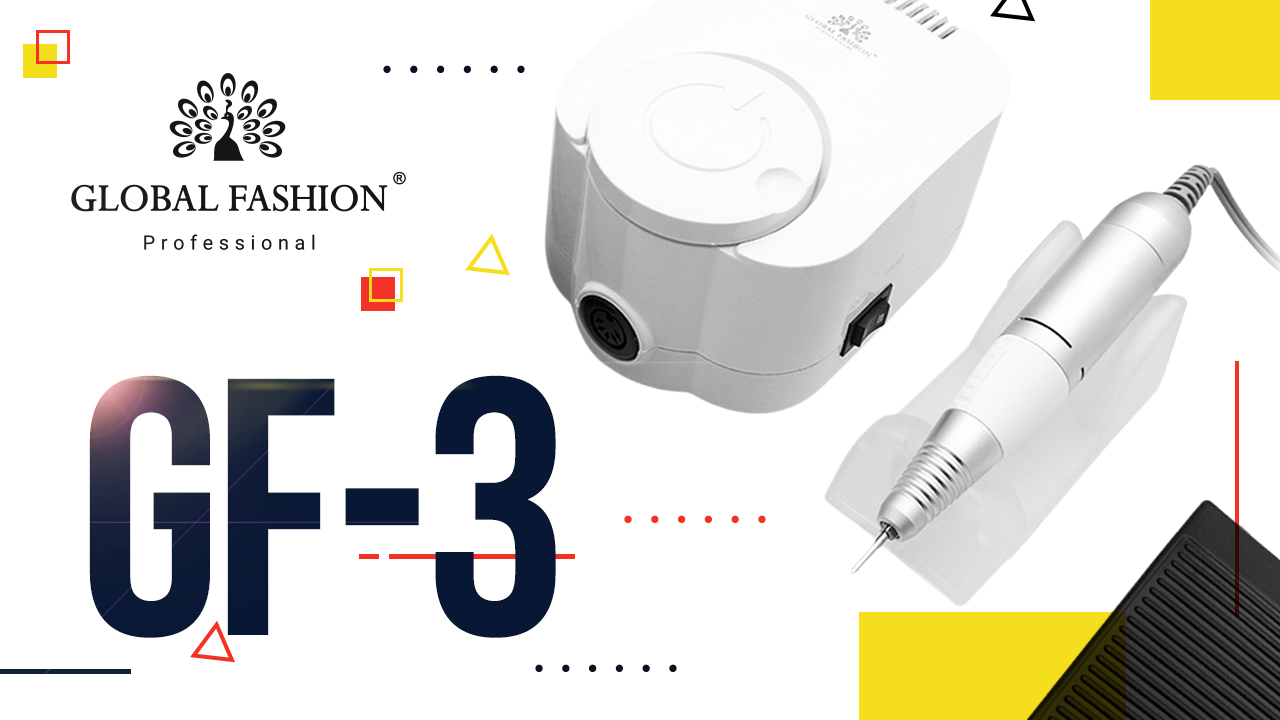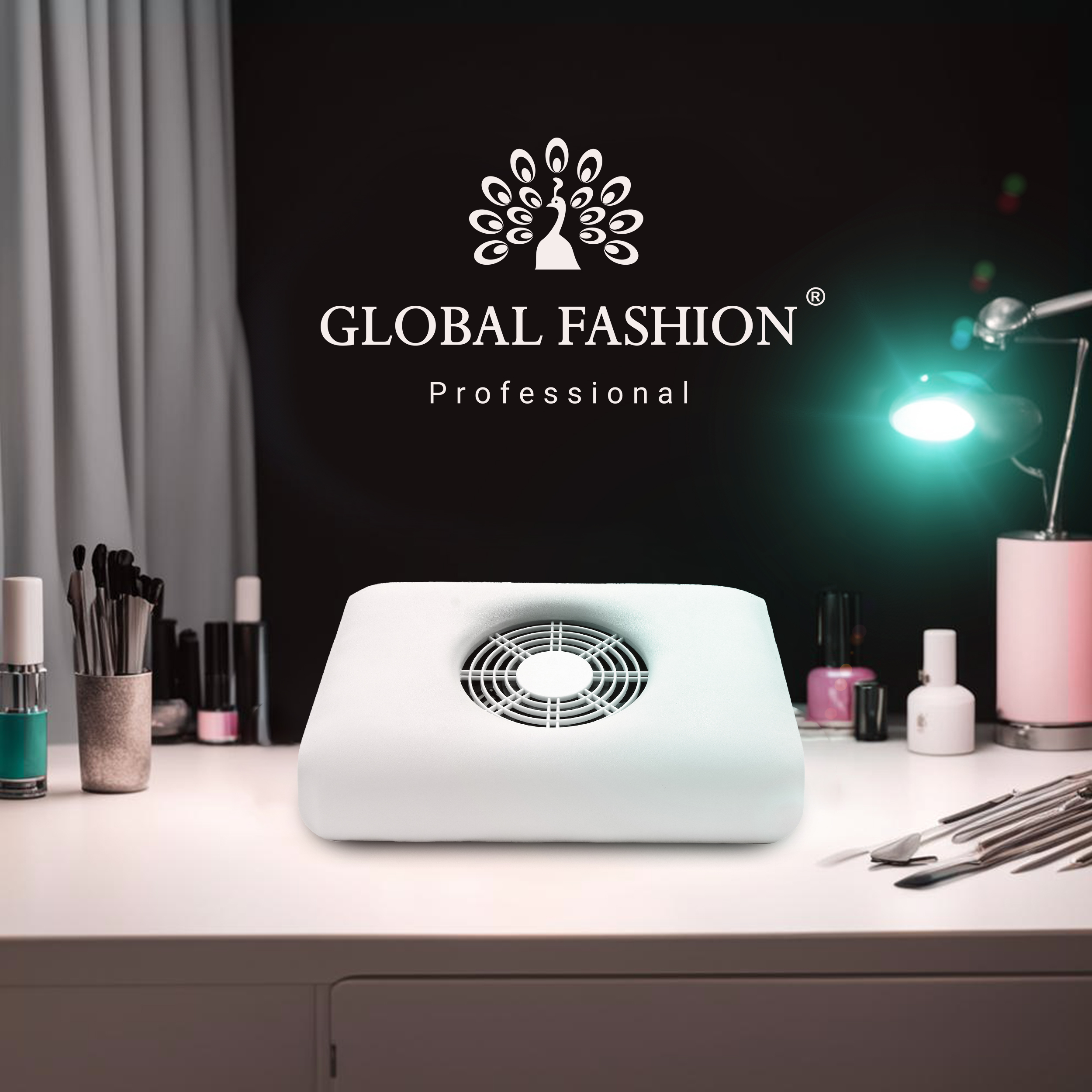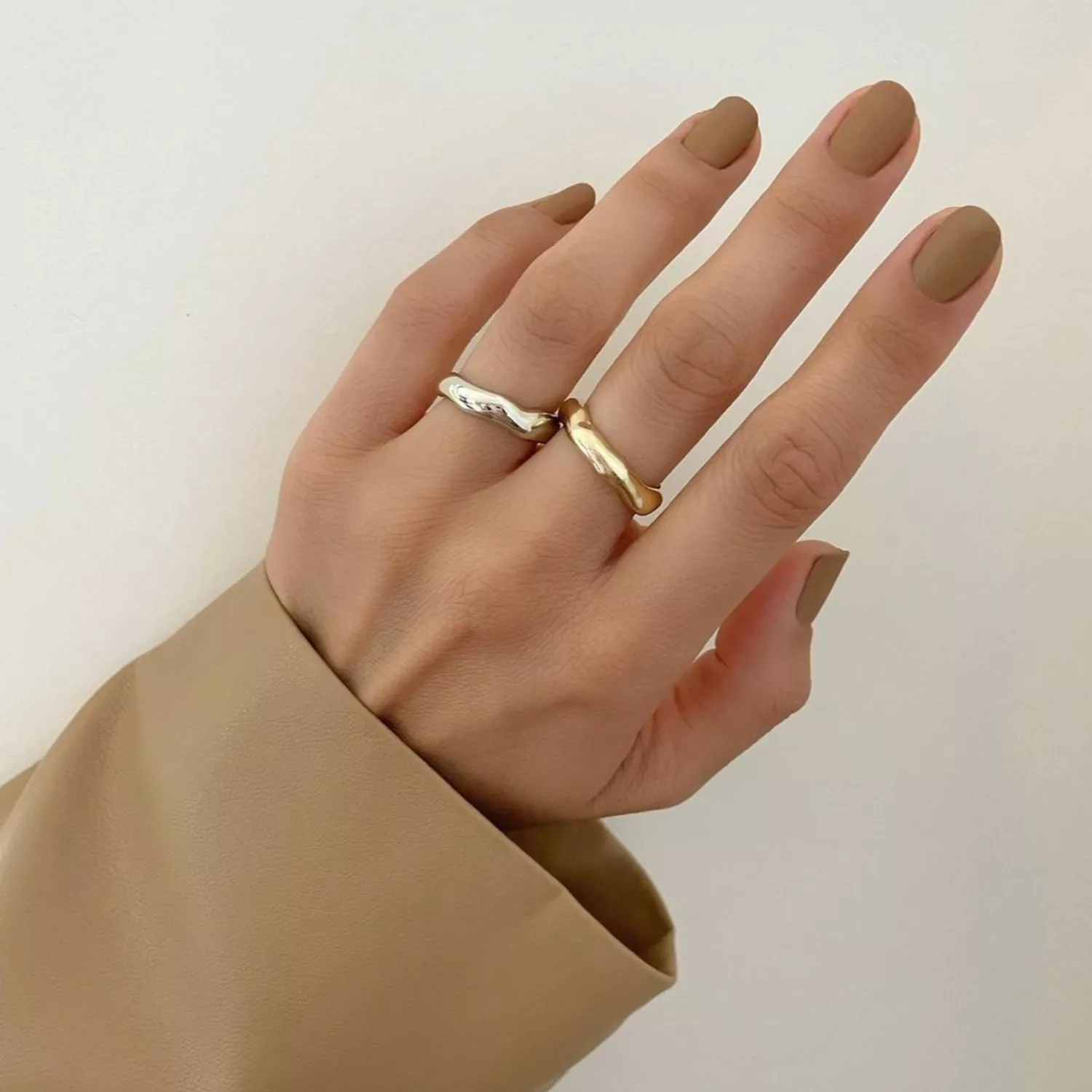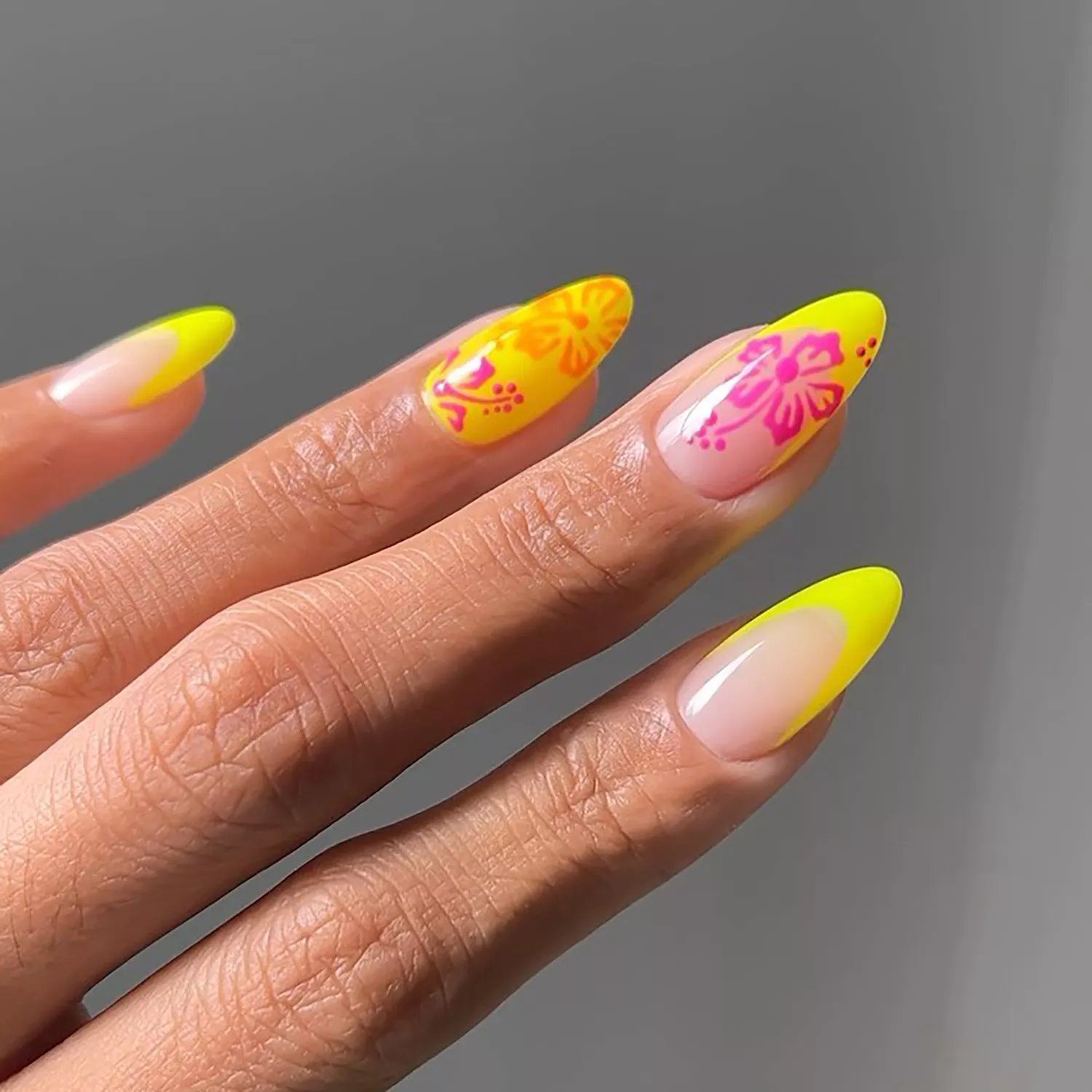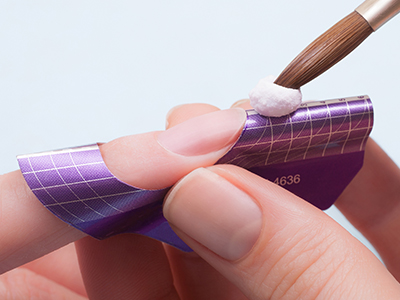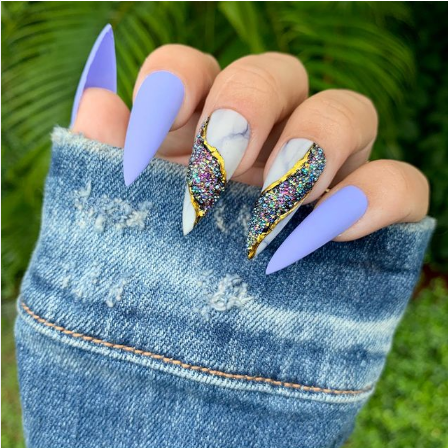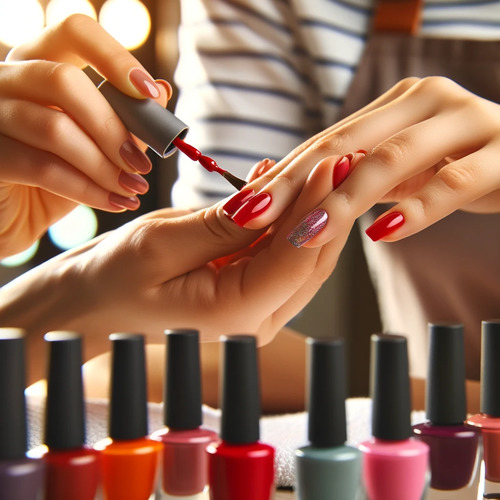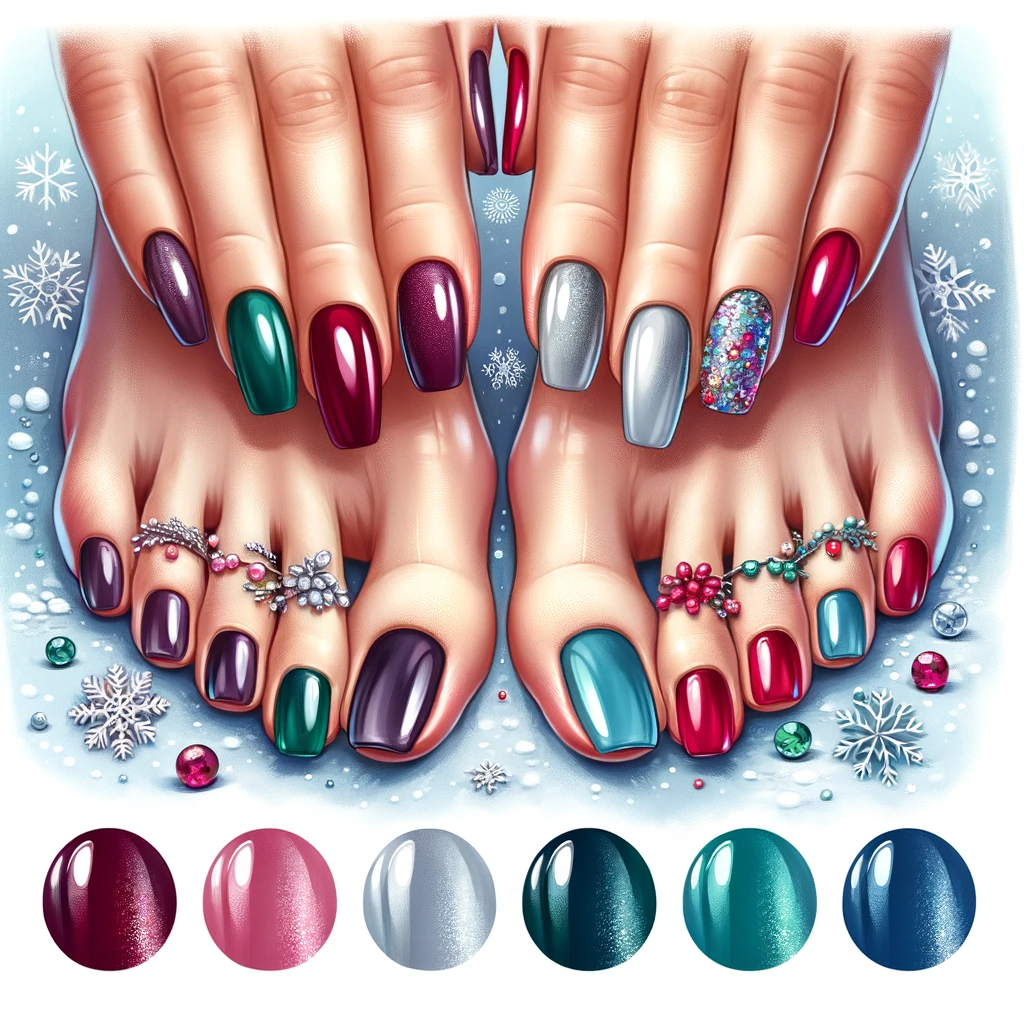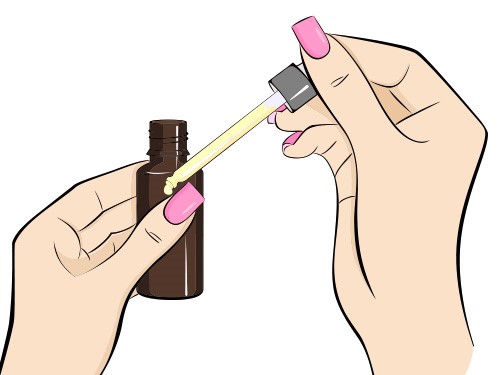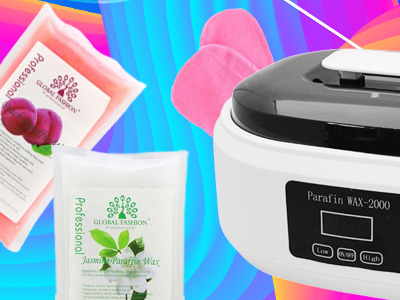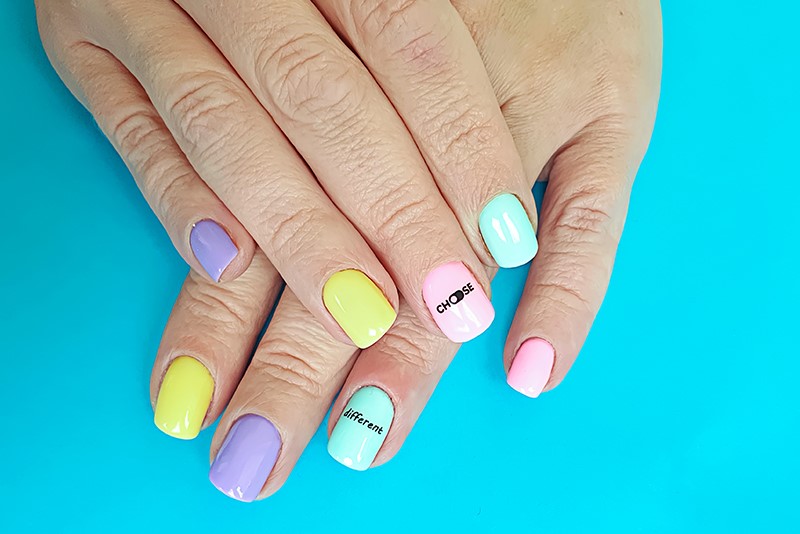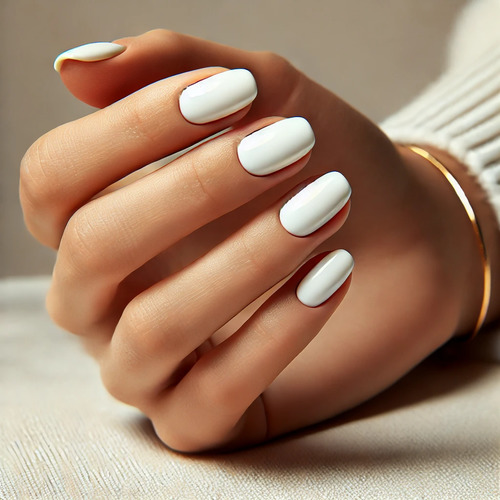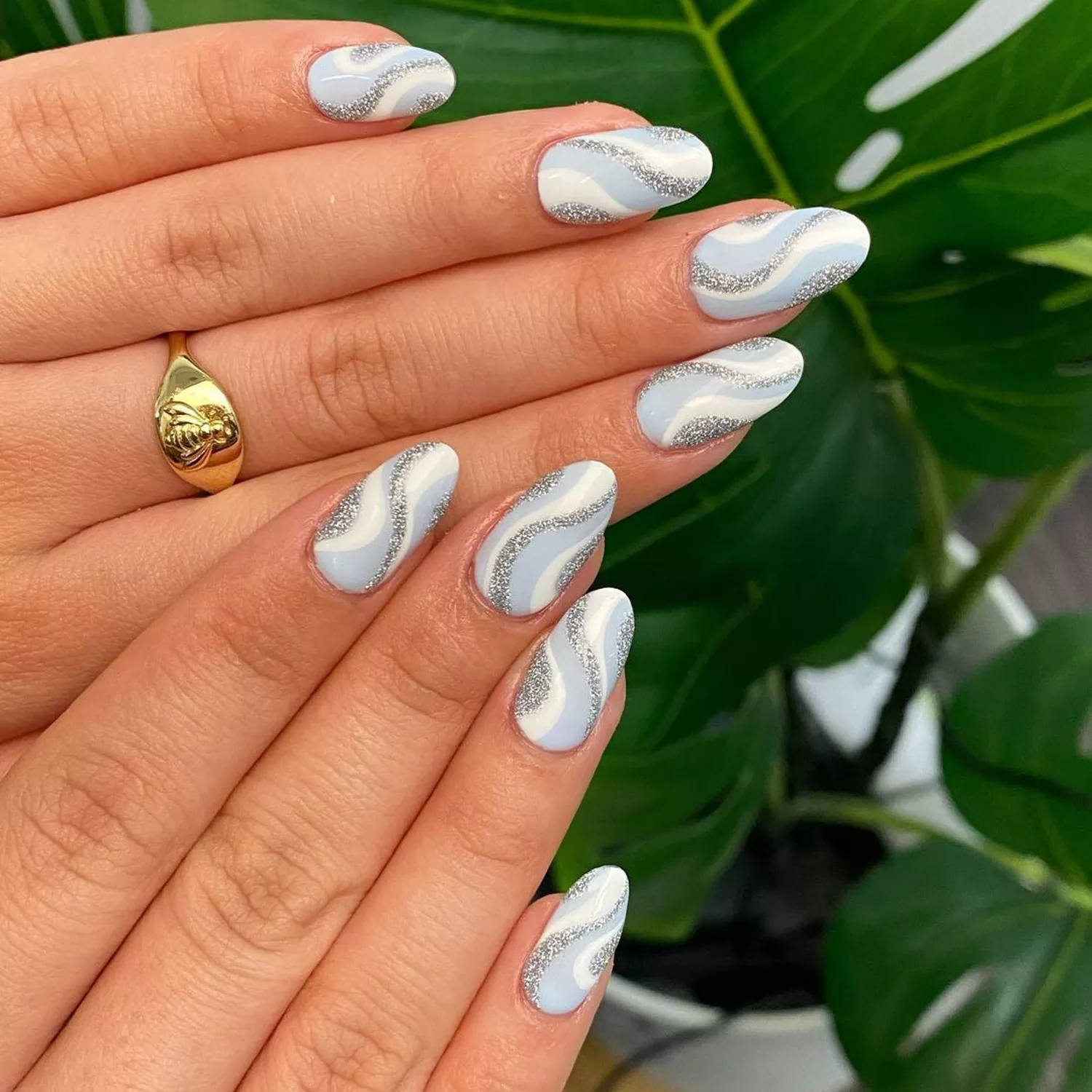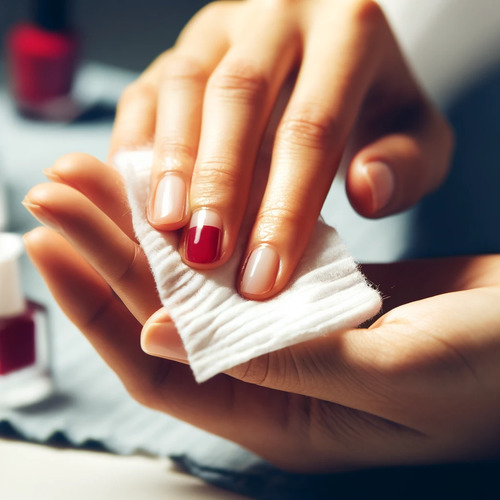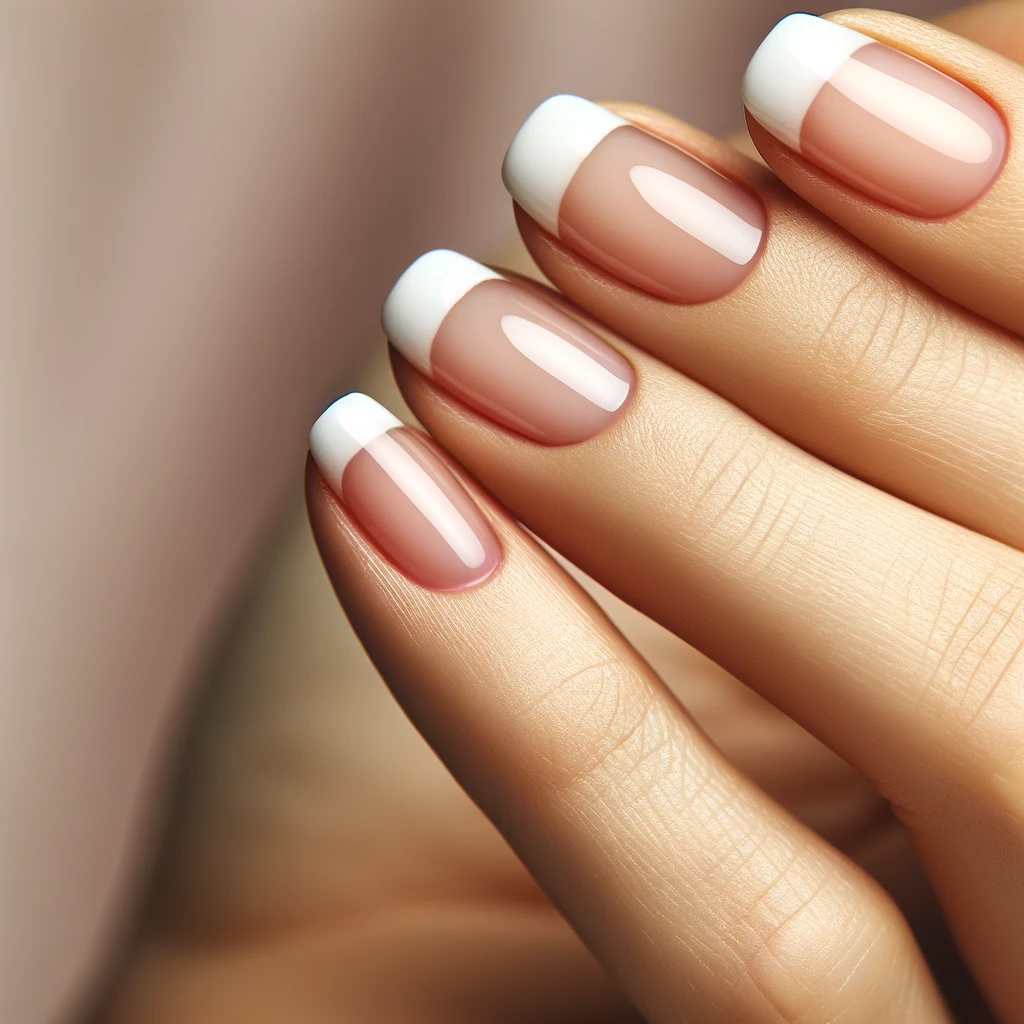Which manicure is right for you?
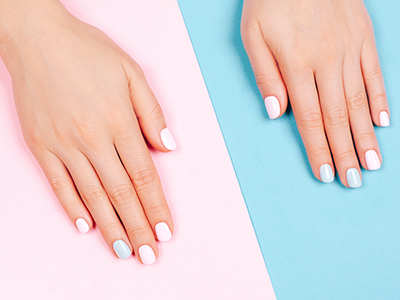
Which manicure suits you? Recently, girls have increasingly begun to pay attention to their nails. And this is not surprising, because now there is so much to create an enviable manicure, sometimes you can't keep up with all the new products. It is known that manicure can be of different types. To understand which manicure is right for you, it is of course an individual matter. If you have healthy, moderately moisturized skin and cuticles, you won't have to worry about making a choice. And if the cuticle is problematic, it is important to choose the right manicure so as not to harm the skin. In general, everyone has different hands and different problems. How to choose the right manicure? Read below! To begin with, let's highlight what types of manicures are.
So there is:
Hardware manicure - In this type of manicure, the skin on the side rollers and cuticles are treated (polished) with a special apparatus. With the help of the device, you can process both the skin around the nail and the nail itself - just file it or give it any shape.
11 bought
ID: 6328
Free delivery +
90 BYN
53 bought
ID: 11054
Free delivery +
414,60 BYN
19 bought
ID: 6415
Free delivery +
204,20 BYN
A trim manicure (classic) is a hand treatment in which the cuticle is completely removed with the help of nail tweezers or scissors, the «pterygium» is cleaned from under the cuticle. Softening is achieved by soaking in water or with the help of a «remover» (means for softening «pterygium») or lotion.
Combined manicure is a type of treatment of the nail plate, as well as nearby areas using several techniques. All manipulations are carried out using various mechanical processing devices, as well as a special apparatus - a milling cutter.
Now, in fact, let's go to where we started, to be more precise, we will figure out which manicure is right for you.
Dry cuticles? Then hardware manicure
A dry, unmoistened cuticle is less protective of the area around the nail, and burrs appear more often on it. This makes the nails look sloppy and unkempt. With such a cuticle, a trim manicure will not work. Scissors or nippers can damage the thinned skin, and it will begin to «bleed». Therefore, the best choice for owners of dry cuticles is a hardware manicure. With the right cutter, the pterygium can be cleaned off without harming the sensitive cuticle. Indeed, with this method, the keratinized skin is not cut off, but is carefully polished. This happens without pain or harm to the sensitive cuticles. In the future, dry cuticles should be treated with special oil. Organic products based on sweet almond and jojoba oils and moisturizers are great.
Damaged cuticle? Then the cut manicure
If the cuticle is damaged, the hardware manicure will definitely not work, the injured cuticle can be damaged even more with the cutter. After all, the main tool in hardware manicure is a router. It requires increased attention, and it should be processed using a trim manicure - with scissors and nippers.
Note: To help the problematic cuticle heal faster, regularly moisturize it with natural oils and saturate it with vitamins.
Thinning, dense or too wet cuticles? Then combined manicure
Thinned cuticle. A thin cuticle can grow on the nail plate and crack over time. This creates the risk of getting inflammation or infection due to microtrauma. For the «creeping» cuticle, special care is needed. The growing cuticle is lifted with a cutter, the pterygium is cleaned and the lateral ridges are polished. The cuticle is carefully cut with manicure scissors along the growth line so that it grows correctly in the future.
Dense cuticle. Processing too dense cuticles is not an easy task. Therefore, craftsmen often combine different methods. To begin with, the cuticle needs to be slightly dried to make it easier to remove it. To remove a dense cuticle, special tools are used - removers. The remover is kept from a few seconds to five minutes (depending on the remedy). During this time, it will thin the keratinized skin, and its roughest areas can be cut off. The rest of the cuticle is pushed back with an orange stick or pusher. For prevention, coarse cuticles should be lubricated with oil.
Note: To soften rough cuticles, you can lubricate them regularly with peach cuticle oil.
Wet cuticles. It is highly elastic, so it should be removed with extreme caution. Damp cuticles can tear if roughly processed!
Before removing such a cuticle, it must be dried. This makes it much easier to remove dead skin. After that, the cuticle is pushed back with a pusher, and the pterygium is cleaned out with a cutter.
Cleaning with a cutter should be done in such a way as to lift the damp cuticle. So it will be much more convenient to cut it off with manicure scissors. At the end of the treatment, the cuticle and side ridges are sanded with a cutter with a soft corundum nozzle.
Remember that in creating a beautiful manicure, always use only professional materials and tools!
Published: 10.11.2020 14:46
Times Read: 909
6318 bought
ID: 3678
13,92 BYN
3157 bought
ID: 3688
27,95 BYN
1836 bought
ID: 3650
9,28 BYN
567 bought
ID: 5263
3,87 BYN
